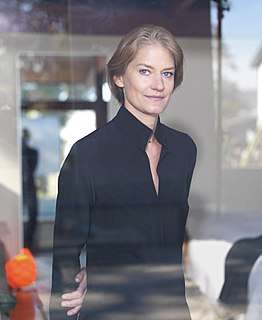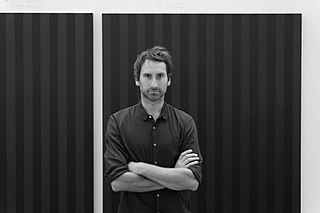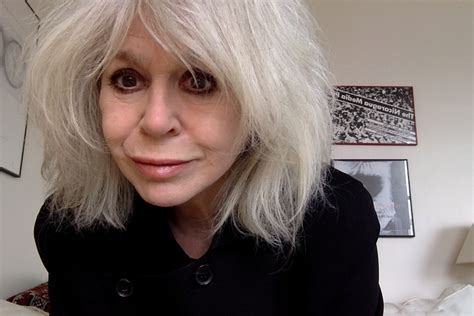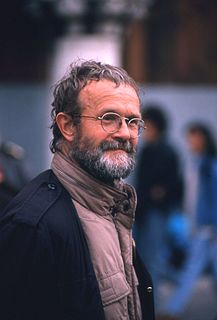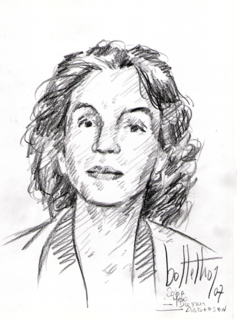A Quote by Mona Kuhn
I think you can photograph a certain sliver of human presence in its absence... images taken in the empty rooms, the marks left on the walls, disappearing shadows, etc.
Related Quotes
One of the marks of our world is perhaps this reversal: we live according to a generalized image-repertoire. Consider the United Sates, where everything is transformed into images: only images exist and are produced and are consumes ... Such a reversal necessarily raises the ethical question: not that the image is immoral, irreligious, or diabolic (as some have declared it, upon the advent of the Photograph), but because, when generalized, it completely de-realizes the human world of conflicts and desires, under cover of illustrating it.
The way in which the photograph records experience is also different from the way of language. Language makes sense only when it is presented as a sequence of propositions. Meaning is distorted when a word or sentence is, as we say, taken out of context; when a reader or listener is deprived of what was said before, and after. But there is no such thing as a photograph taken out of context, for a photograph does not require one. In fact, the point of photography is to isolate images from context, so as to make them visible in a different way.
A photograph never grows old. You and I change, people change all through the months and years but a photograph always remains the same. How nice to look at a photograph of mother or father taken many years ago. You see them as you remember them. But as people live on, they change completely. That is why I think a photograph can be kind.
